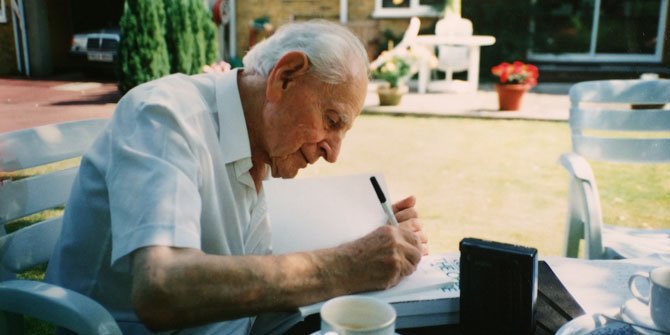Sublime
An inspiration engine for ideas
With her rhetoric of “image poverty” and blind people seizing the means of production, Fleet strikes me as a kind of Marxist of visual access—a revolutionary advocating for the blind proletariat who are not only plagued by material poverty but also exiled from the ubiquitous flow of visual capital.
Andrew Leland • The Country of the Blind: A Memoir at the End of Sight
Capitalism
Luna • 2 cards
Marxism and Millennial Romance: The Sally Rooney Phenomenon
youtube.comLa logique marxiste s'appuie sur la doctrine selon laquelle l'infrastructure économique conditionne la superstructure idéologique – en d'autres termes : le mode de production des biens induit la façon individuelle et collective de penser. Dès lors, si l'on accepte ce postulat, une révolution qui remplace la propriété privée des moyens de production
... See moreMichel Onfray • L'ordre libertaire: La vie philosophique d'Albert Camus (French Edition)
Once again similarities between Drucker’s thinking on the matter and that of his predecessors, particularly Marx, are clear. As Marx would write in the Grundrisse, But to the degree that large industry develops, the creation of real wealth comes to depend less on labour time and on the amount of labour employed than on the power of the agencies set
... See moreAaron Bastani • Fully Automated Luxury Communism

